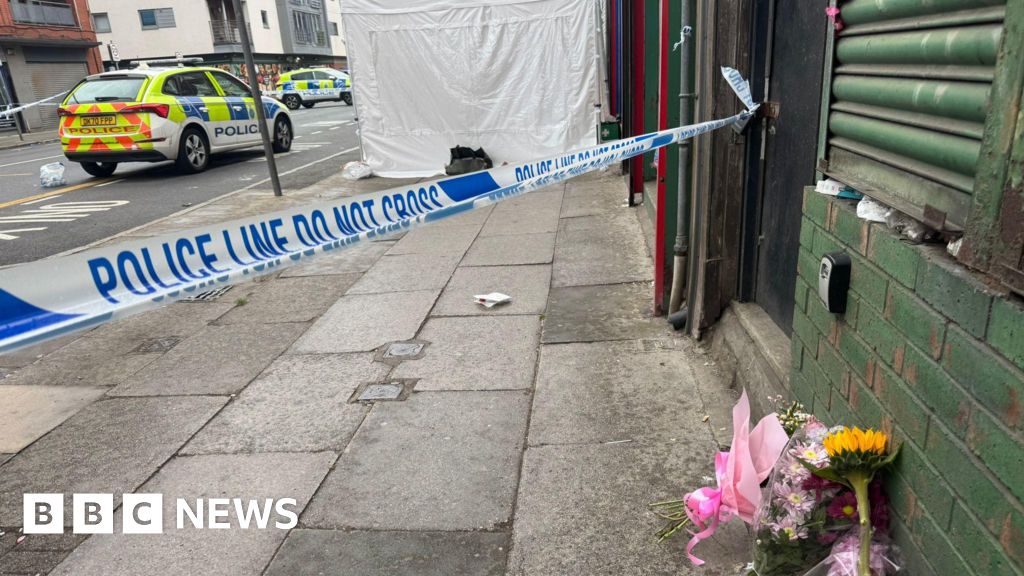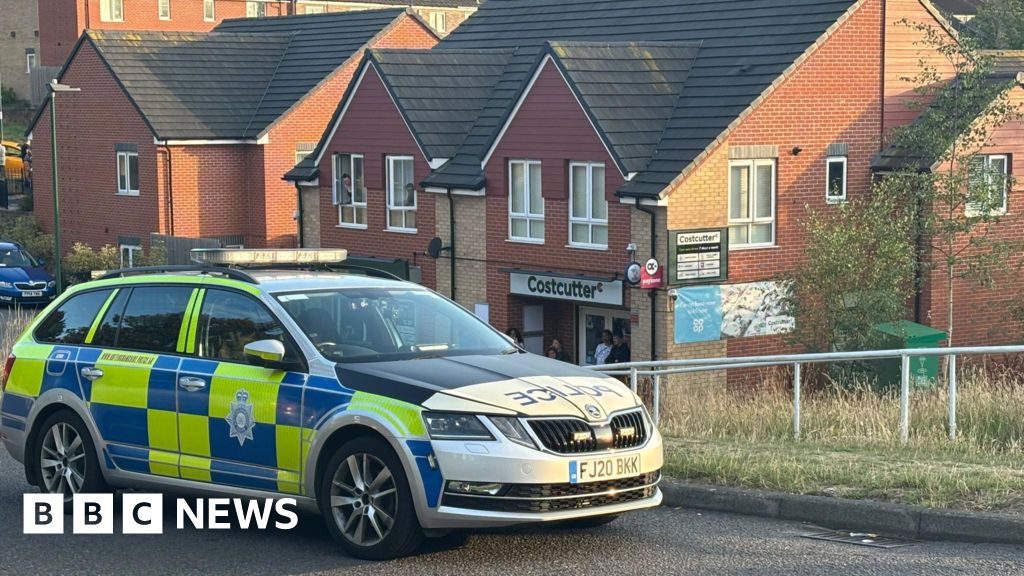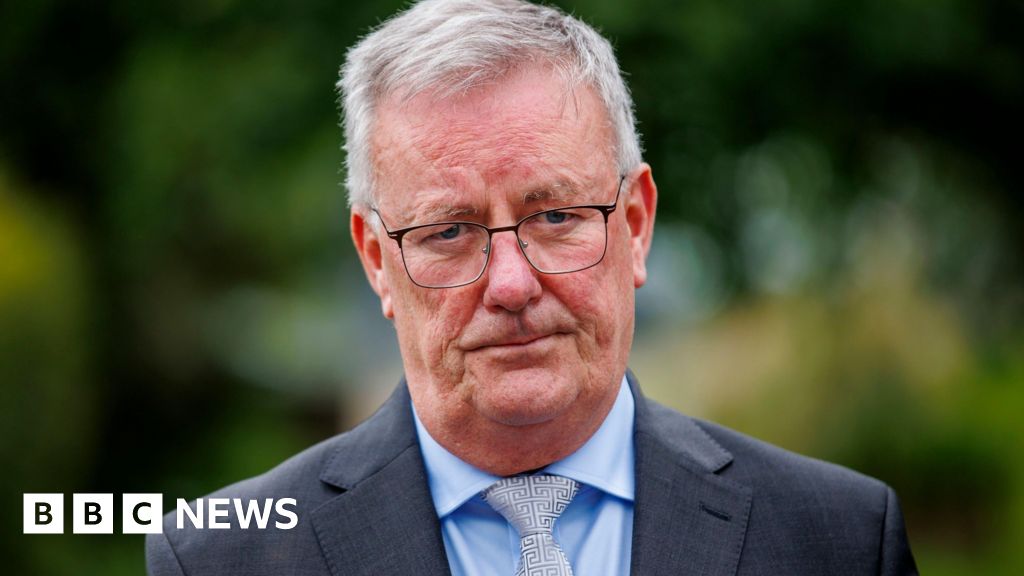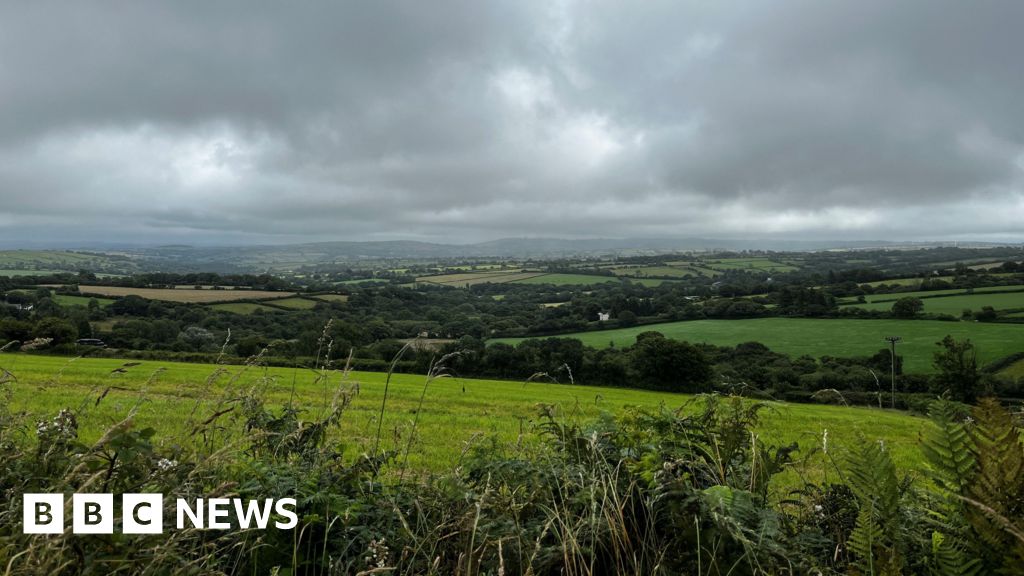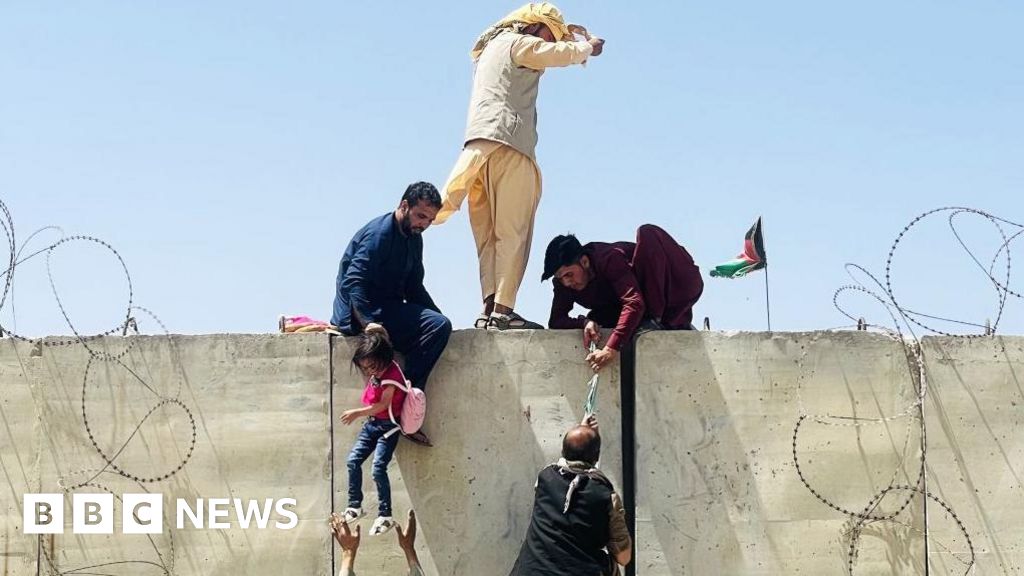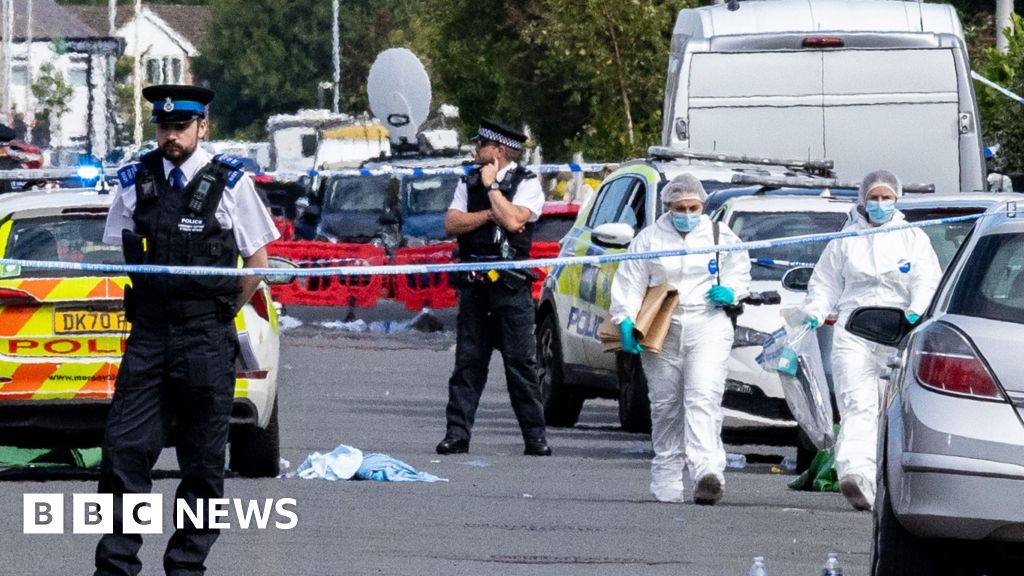Auto Amazon Links: No products found. Blocked by captcha.
The Democratic Unionist Party (DUP) has expressed disapproval of the decision to showcase an effigy of refugees aboard a boat atop a bonfire in County Tyrone. Scheduled to be ignited on Thursday night, the bonfire in Moygashel features a model boat containing multiple figures, accompanied by banners proclaiming messages such as “stop the boats” and “veterans before refugees.” Various politicians from different parties have united in condemnation of this effigy, with Sinn Féin assembly member Colm Gildernew labeling the act as both “vile” and “clearly a hate crime.”
Calling for urgent action from the Police Service of Northern Ireland (PSNI), Gildernew highlighted the need for local political leaders to denounce this behavior as entirely unacceptable. The DUP clarified their stance on bonfires as being deeply rooted in historical and cultural traditions, stretching back to welcome King William III. They emphasized the importance of celebrating culture in a peaceful and positive manner, distancing themselves from the placement of flags, effigies, or other items on bonfires. Gildernew and the UUP’s Mike Nesbitt joined in deeming the act as “deplorable,” with Nesbitt expressing dismay on social media and urging immediate removal of the effigy.
SDLP councillor Malachy Quinn reported the display to the police, criticizing those responsible for attempting to associate hateful displays with British culture. Amnesty International’s Patrick Corrigan echoed similar sentiments, calling for the removal of the effigy as it perpetuates hatred and racism. Additionally, North West Migrants’ Forum representative Gaelle Gormley condemned the act as “outrageous” and “disgraceful,” emphasizing the need for awareness and education on the plight of asylum seekers and refugees among the general population. The PSNI acknowledged the placement of the item on the bonfire in Moygashel and confirmed ongoing investigations into the matter.
Bonfires are a customary practice in certain unionist regions across Northern Ireland, especially in preparation for the Twelfth of July, considered a significant date in the parading season. Typically lit on the 11th of July, these bonfires hold cultural significance for communities, although the recent controversy surrounding the effigy in Moygashel has sparked widespread concern and criticism among political and social leaders
Read the full article from The BBC here: Read More
Auto Amazon Links: No products found. Blocked by captcha.




